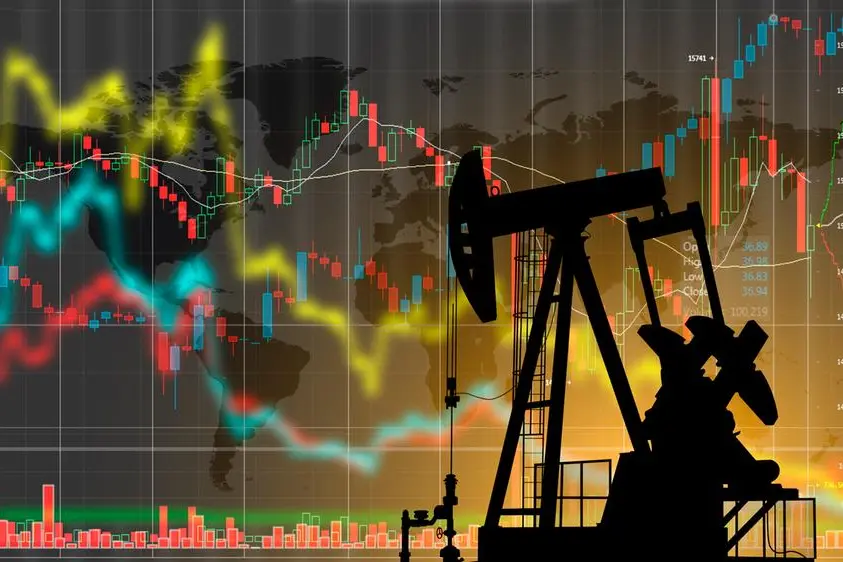PHOTO
Higher oil and gas prices will boost the Gulf economies throughout 2022 and 2023, Michael Bolliger, Chief Investment Officer for Emerging Markets at UBS Global Wealth Management, told Mubasher.
Bolliger stressed the need to use renewable energy amid rising escalations in Ukraine, noting that fossil fuels play a vital role in ensuring energy security and affordability.
The West has been seeking to replace Russian energy since the beginning of the Russian-Ukrainian crisis in February 2022. According to Bolliger, finding alternatives strengthens the Gulf's position as a reliable resource and key partner.
The UAE’s Economy
Bolliger pointed out that the UAE’s economy grew by 3.80% in 2021, backed by governmental incentives as well as a 5.30% increase in the non-oil sector. The growth momentum has further accelerated since the beginning of 2022 due to higher oil production within the framework of the OPEC+ alliance agreement and soaring energy prices.
The official indicated that the UAE recorded an 8.20% surge in its economy during the first quarter (Q1) of 2022, whereas oil gross domestic product (GDP) widened by 13%. Actual and planned crude oil production levels indicated that the GDP growth might remain in the double digits level for the whole year.
Leading indicators like the Purchasing Managers' Index (PMI) and Business Confidence Index (BCI) in the UAE signalled that the non-oil sectors maintain solid growth, as the PMI index was still above the 50 no-change mark in September. Hence, the UAE’s GDP growth rate will likely exceed 5% in 2022.
Bolliger also mentioned that the growth prospects for 2023 should be backed by increasing demands for UAE energy exports, as the Western countries will seek the Gulf’s help to reduce their dependence on Russian energy supplies. However, oil GDP growth is expected to retreat from its fast pace in 2022.
Unexpected oil revenues will continually boost investment and expenses; therefore, the UAE’s economy is projected to expand by about 4-5% in 2023, he stated.
Global Economy and Recession
Bolliger forecast that the global GDP growth would slow below the trend, not rule out negative growth during the coming quarters.
The UBS official underscored that central banks will likely stick to their tighten policy amid current inflation rates. Consequently, this will lead to a further plunge in earnings, higher default rates, and increasing volatility.
Nevertheless, he expected that the financial circumstances would improve starting from Q2-23, adding that the energy crisis would remain a burden in the near future.
The economic outlook underlined continued turmoil during the coming period, the official told Mubasher.
In June 2023, stock markets are expected to trade at roughly similar levels as they currently do. Bolliger advised investors to exploit the maintained economic situation and the higher volatility that comes within in their favour.
Last May, the World Bank projected that the UAE will maintain its economic recovery i 2022, expecting that the growth rate will reach 4.7%, supported by the oil and non-oil sectors.





















